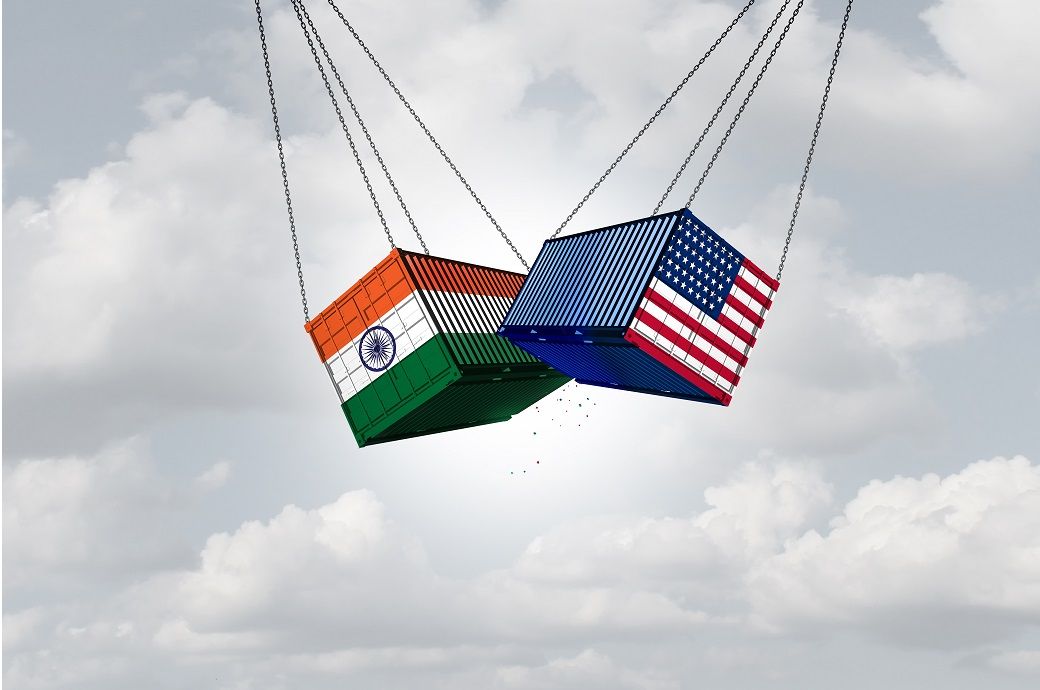
Ninety-one per cent of respondent’s export to the US either directly or indirectly. Fifty-two per cent of respondents export directly to the United States, 18 per cent engage in deemed exports, while 30 per cent operate through both channels.
Nearly one-third of exporters reported a decline in turnover of more than 50 per cent, driven by order cancellations (25 per cent), discount requests (30 per cent), and reduced order volumes (20 per cent), CITI found in a recent survey which covered 69 per cent micro, small and medium enterprises (MSMEs) and 31 per cent large enterprises across all segments.
Around 85 per cent reported inventory buildup due to reduction in orders, while two-thirds of the respondents have had to offer discounts of up to 25 per cent to retain competitiveness.
The tariffs have also strained liquidity across the supply chain. About 82 per cent of respondents reported extended credit cycles, with over half indicating an increase of three to six months. Additionally, 40 per cent noted a rise in working capital requirements by over 30 per cent, further highlighting the growing financial stress within the sector.
To ease the pressure, more than half of the respondents have urged the government to announce a moratorium on loan repayments, while 42 per cent sought collateral-free loans. Around half of the respondents also recommended removing import barriers such as quality control orders (QCOs) and duties to enhance raw material competitiveness.
Forty-six per cent of the respondent expressed plans to diversify export markets, seeking government support for new destinations and opportunities.
The respondents of the survey urged policy support including export diversification initiatives, expedited free trade agreements (FTAs) with major markets like the European Union (EU), higher Remission of Duties and Taxes on Exported Products (RoDTEP) and Rebate of State and Central Taxes and Levies (RoSCTL) rates with enhanced duty drawbacks, interest subvention and financial relief measures, Focus Market Incentive Scheme for US shipments, and reduction in corporate income tax or tax holidays.
CITI emphasised that India currently faces one of the steepest tariffs among key suppliers to the US—50 per cent (comprising a 25 per cent additional ad valorem duty and a 25 per cent penalty). In comparison, Bangladesh and Vietnam face 20 per cent, Indonesia, Pakistan, and Cambodia 19 per cent, Turkiye and the EU 15 per cent, while China is set to face a 100 per cent duty from November 1, 2025.
ALCHEMPro News Desk (SG)
Receive daily prices and market insights straight to your inbox. Subscribe to AlchemPro Weekly!